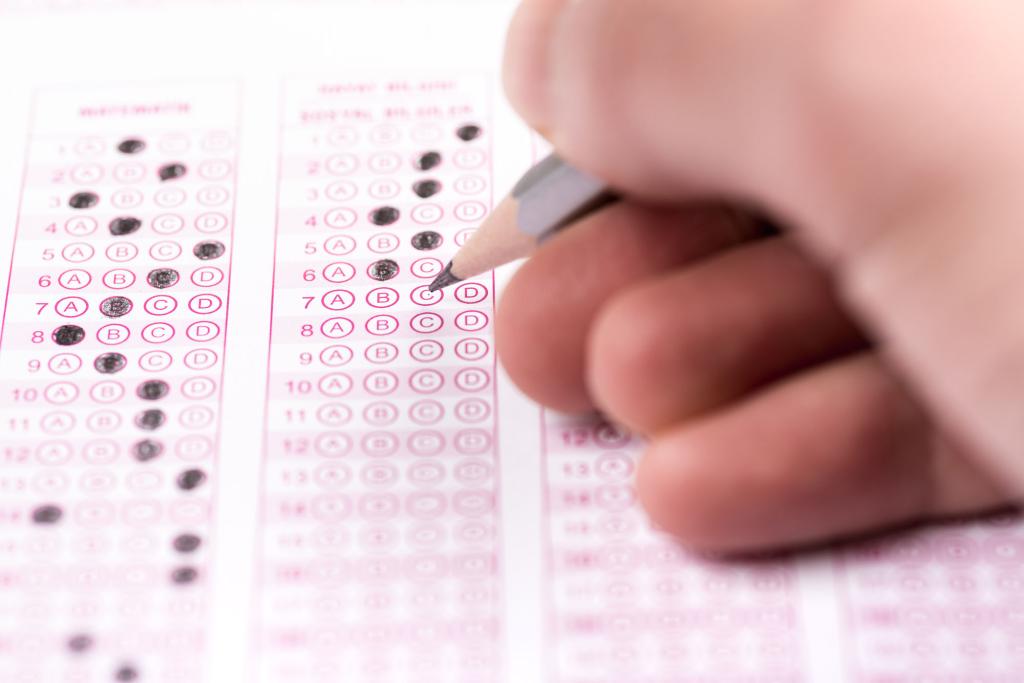Navigating the college admissions process can feel like traversing a dense jungle, with evolving standardized testing requirements, the digitization of the SAT, and the ever-important college essay all playing crucial roles. A successful outcome hinges on early, proactive, and strategic planning. While the COVID-19 pandemic ushered in a wave of test-optional policies, these are likely to recede within the next few years. Students must diligently research each institution’s specific policy, consulting resources like the Common Data Set (CDS) to decipher the true weight placed on test scores. The CDS reveals the percentage of admitted students who submitted scores, providing valuable insight into a school’s actual test-optional practices. Even with test-optional policies, submitting strong scores can significantly bolster an application, so taking practice tests and setting target scores remains advisable.
Standardized testing has undergone a significant transformation with the digitization of the SAT. The new digital format, often preferred by students due to its shorter length and computer-based delivery, introduces a dynamic element. The difficulty of subsequent sections adjusts based on performance in the first section, emphasizing the importance of a strong start. Effective time management and strategic test-taking techniques become paramount. Preparing for the SAT often begins in the spring of sophomore year, although earlier preparation might be necessary for certain subjects, such as math. Understanding score choice policies and superscoring options is crucial for optimizing submitted scores, strategically selecting the best performances from multiple test dates. Ideally, standardized testing should be completed by the summer before senior year to allow ample time for essay writing and other application components.
The college essay stands as a pivotal element in the application process, offering a unique opportunity for students to convey their voice, values, and personality to the admissions committee. It provides a qualitative dimension beyond the quantitative metrics of test scores and GPA, allowing applicants to showcase their individuality and potential contributions to the campus community. While drawing on personal experiences is encouraged, the focus should remain firmly on the applicant’s perspective and growth. Overused themes, such as pop culture trends, should be avoided, and narratives should prioritize the applicant’s story rather than focusing excessively on other individuals. Authenticity is key, with the tone and style reflecting the student’s genuine voice.
Crafting a compelling college essay requires careful consideration of both content and style. The essay should showcase the applicant’s unique perspective and provide insights into their character and aspirations. While sharing personal experiences is encouraged, the focus should remain on the applicant’s own journey and reflections, rather than simply recounting events or focusing excessively on other individuals. Humor can be effective if appropriate to the applicant’s personality and the overall tone of the essay, but it should be used judiciously. The essay should be grammatically impeccable and stylistically coherent, ensuring clarity and readability for the admissions committee. Seeking feedback from trusted sources is helpful, but it’s important to avoid excessive input that can dilute the author’s voice.
When choosing a topic, focusing on the resolution and positive outcomes of challenges is more impactful than dwelling on the difficulties themselves. The essay should demonstrate resilience, growth, and a forward-looking perspective. A compelling narrative often centers around a significant experience or personal transformation, showcasing the applicant’s ability to learn and adapt. It’s essential to highlight the positive takeaways and how the experience has shaped the applicant’s values and aspirations. The essay should leave a lasting impression on the admissions committee, conveying the applicant’s unique qualities and potential contributions to the campus community.
Beyond academic achievements and test scores, demonstrating a “wow factor” can significantly enhance an application. This often involves showcasing genuine passion and commitment through extracurricular activities, leadership roles, or unique projects. Meaningful involvement in school publications, community organizations, or self-initiated ventures can demonstrate initiative, dedication, and a proactive approach to making a positive impact. Colleges seek students who are not only academically capable but also actively engaged in their communities and passionate about pursuing their interests. A well-defined passion project can showcase a student’s intellectual curiosity, leadership potential, and commitment to making a difference. These activities provide tangible evidence of a student’s ability to contribute to the campus community and beyond, enriching the learning environment and contributing to the overall vibrancy of the institution.


